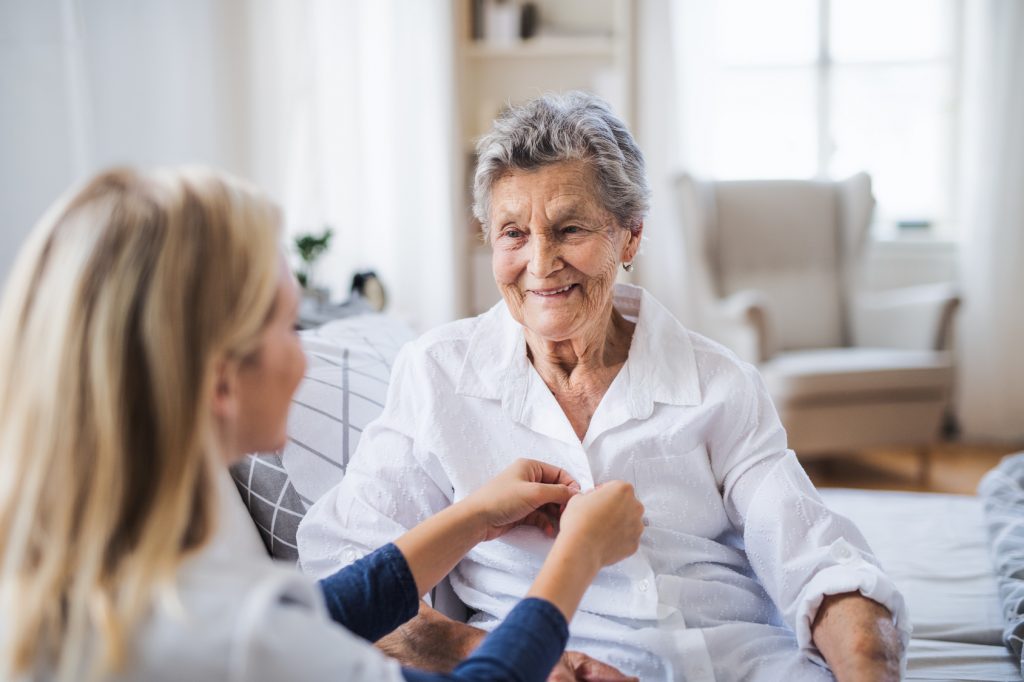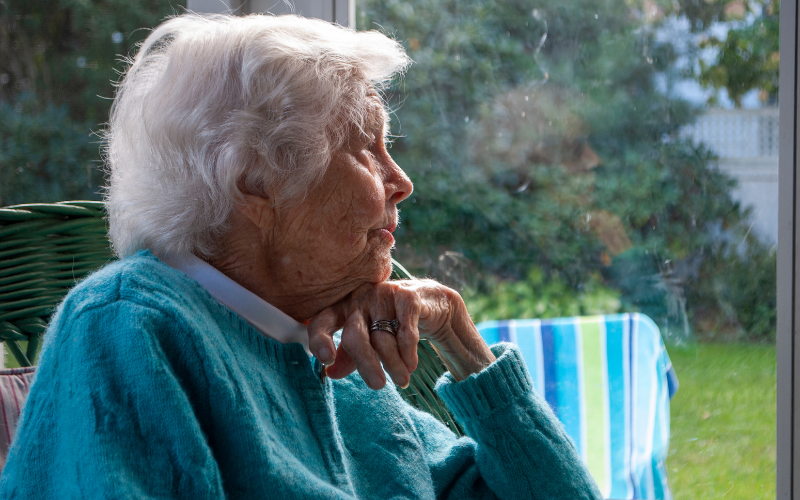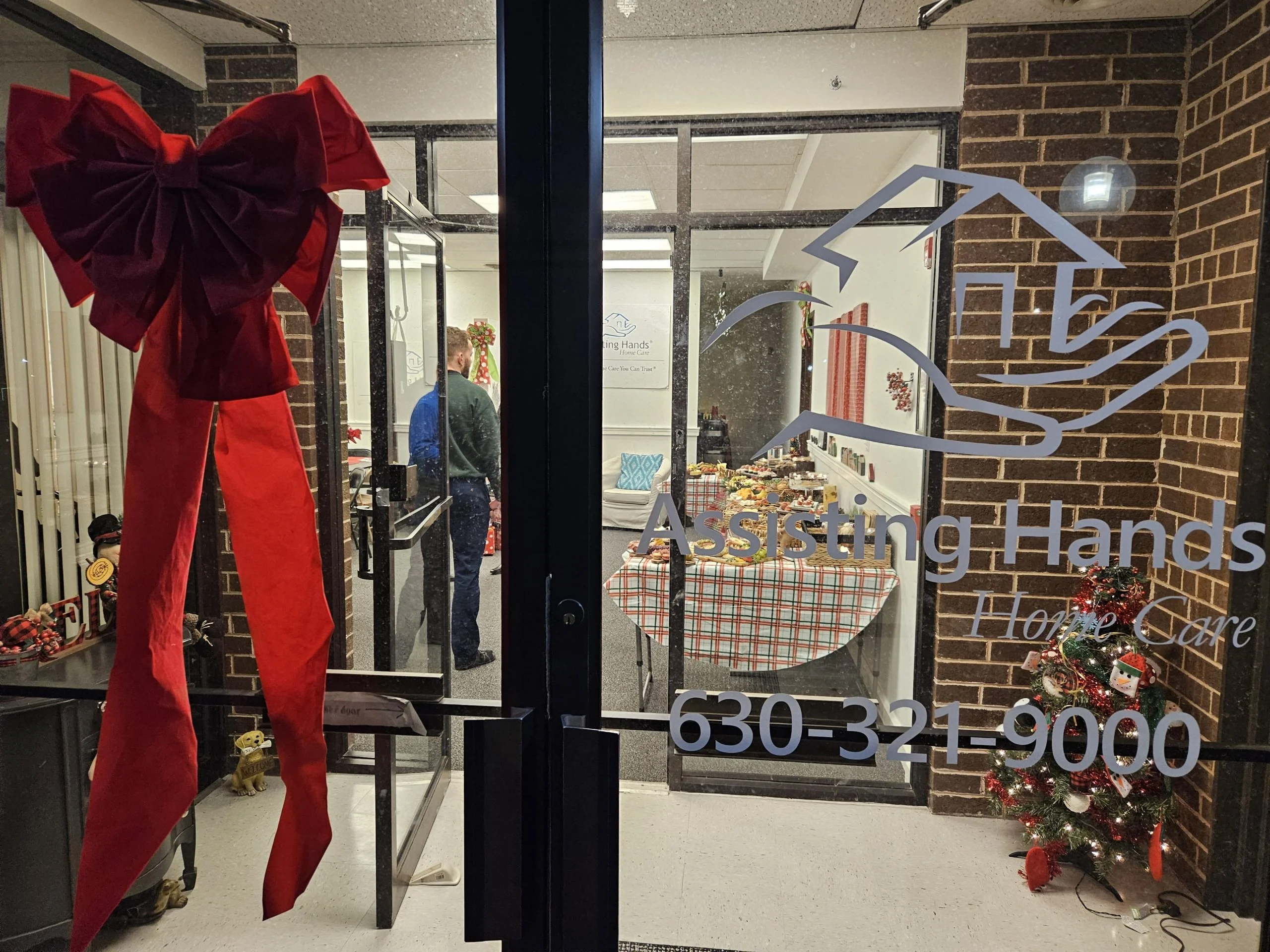Elder self-neglect occurs when seniors fail to care for themselves, generally due to reduced cognitive or physical abilities. Although this doesn’t involve a third party, self-neglect is still recognized as a form of elder abuse. The prevalence of elder self-neglect is likely underestimated, as reports often fail to capture the full extent of the issue, particularly since affected seniors tend to withdraw from others. Moreover, this type of elder abuse often takes place within the privacy of their homes, further obscuring its occurrence.
Older individuals caught in cycles of self-neglect endanger their health, which could potentially become life-threatening. A study analyzing data from over 10,000 seniors reveals a strong correlation between elder self-neglect and an increased risk of premature death. To safeguard the health, safety, and lives of seniors, families and caregivers must actively address this issue. Familiarity with the environmental indicators of self-neglect, its physical symptoms, and the health conditions that may lead to it is crucial to help seniors affected.
What are Environmental Signs of Elder Self-Neglect?
Seniors without extensive social support are more likely to fall into habits of self-neglect. Long-distance families are often stunned to find their aging loved ones living in deplorable conditions during their infrequent visits. The environmental indicators of self-neglect are many.
- Unsanitary homes: Trash is piled high, foul odors linger, and the place is infested with pests. Families may remedy unclean living conditions by hiring a caregiver. A part of professional caregivers’ tasks is to perform light household chores for an elderly care
- Lack of food: Having no food in the home is also a sign of self-neglect. These seniors may have physical limitations that prevent grocery shopping. Professional caregivers help combat this issue by shopping for fresh produce, preparing meals that meet the senior’s dietary restriction and helping with eating.
- Home in disrepair: The plumbing may have leaks, or the heating system may be inadequate. In general, the home lacks maintenance. Families might resort to filing reports with Adult Protective Services (APS) to get seniors the help they need.
- Wearing dirty clothes: Additional environmental symptoms of elder self-neglect include failing to wear clean clothes. The clothing may be soiled, or the senior may be inadequately dressed for weather conditions. Professional caregivers help care recipients change into fresh clothes regularly and dress appropriately for the weather.
- Unpaid bills: When finances become difficult for seniors to handle, hiring an elder law attorney to explain legal and financial options is beneficial. Families may resort to guardianship or power of attorney to help an aging loved one manage financial affairs.
- Not using medical aids: Medical aids are necessary; but when seniors go without them, it is a sign of elder self-neglect. A lack of eyeglasses, dentures, or hearing aids can reduce a senior’s ability to function. A visit to the doctor or dentist can quickly resolve issues. Caregivers provide transport to medical appointments.
What are Physical Symptoms of Elder Self-Neglect?
In addition to the environmental factors, it is important to recognize the physical symptoms that may indicate elder self-neglect. A decline in personal hygiene and signs of unattended sores and injuries should be cause for alarm.
The following are the main physical symptoms of elder self-neglect:
- Poor hygiene: Self-neglectors display a lack of personal hygiene. Hair may be matted or infested with lice and their nails and skin may be dirty. Poor personal hygiene may be reversed with the care of a professional caregiver. These professionals discreetly assist seniors with bathing, toileting, and grooming.
- Sores and rashes: Bed sores or rashes that erupt on seniors’ skin are consequences of elder self-neglect. When seniors elect to age in the comfort of home, compassionate caregivers are needed to help them shift in and exit from the bed. Otherwise, living in an assisted living community can get them adequate supervision.
- Injuries: Unattended injuries result when older people engage in elder self-neglect. Fall prevention assessments reduce the likelihood that seniors will fall and injure themselves at home. Professional caregivers provide routine fall assessments and remove clutter, so seniors avoid falling or sustaining injury.
- Dehydration and malnutrition: Seniors who display significant weight loss, suffer dehydration, or experience malnutrition are self-neglecting. Unless families can provide nutritious meals daily, hiring a meal service or a professional caregiver to prepare nutrient-rich dishes every day are appropriate steps to combat these issues.
- Poor sleep: A lack of sleep or inconsistent sleep is an outcome of self-neglect. Seniors are encouraged by professional caregivers to be physically active during the day so that they experience a quality night’s rest. Caregivers monitor care recipients during physical activity to ensure they remain safe.
How to Help Seniors Who Self-Neglect
If you notice that your senior loved ones are engaging in self-neglect, it is very important to address the issue for their safety and well-being. Ensuring that your loved ones feel supported while reducing their isolation can help combat some of the behaviors of self-neglect.
Family and friends can do the following to help seniors who self-neglect:
- Know the signs and symptoms: Make sure to become familiar with the environmental and physical signs of elder self-neglect described above so you can recognize and address the problem before the senior suffers significant harm.
- Reduce isolation: Friends and family should reach out to the senior regularly, so they are not so isolated. This can include in-person visits, phone calls, and even video calls using apps like Zoom and FaceTime with seniors who know how to use this technology.
- Talk to them: Whether in person or over the phone, it is important to talk to the senior and have meaningful conversations with them. They may open up about their situation and even discuss possible solutions. If this happens, help the senior understand their options so they can make their own decision.
- Help them accept help: There are many seniors in this situation who are resistant to help. It is important to respect their refusal for help, but you can talk to them to help them be more open to receiving and accepting help from others.
- Call Adult Protective Services (APS): If you are concerned about the safety and well-being of your senior loved one due to self-neglect, you can choose to get APS involved. APS can offer help to self-neglecting seniors, but they cannot force them to accept help or remove them from their home against their will. APS can only intervene without the senior’s consent if they are found incompetent by the courts and there is a court order to appoint a legal guardian to handle the decision making.
What Health Conditions Lead to Elder Self-Neglect?
When elder self-neglect is due to cognitive conditions, like dementia, it is important that families discuss their concerns with a doctor. Families might step in as a guardian. Or, they may choose to hire a caregiver who specializes in memory care (dementia care) to enhance the senior’s quality of life.
Seniors who engage in self-neglect may resist interference. Well-meaning family members might hold a family meeting with siblings to brainstorm practical solutions. Or family members might consult an objective third-party, like a geriatric care manager, whom the senior is more likely to listen to.
Before making a decision, families are encouraged to discuss their worries with the senior. Older adults, even if they suffer from dementia, have the right to make decisions. During talks, families should bring up the option of elder care from Assisting Hands Home Care.
Senior Home Care from Assisting Hands

Assisting Hands Home Care is a trusted home care agency providing a wide array of in-home support services, enabling care recipients to lead fulfilling and independent lives. Our dedicated caregivers assist with personal hygiene, meal preparation, and grocery shopping and offer reliable transportation.
Our senior care services are flexible to meet various needs, including non-medical respite care, live-in care, 24-hour care, post-hospitalization care, and hospice care. Additionally, with a skilled team of memory care providers, we offer specialized assistance for individuals living with dementia or Alzheimer’s disease.
Assisting Hands Home Care is dedicated to serving the senior populations living in the communities surrounding Elmhurst, Villa Park, and Lombard, Illinois. You can help prevent elder self-neglect from taking a toll on your loved one by consulting our friendly representatives and arranging for compassionate home care. Call us at (630) 526-6522.
















